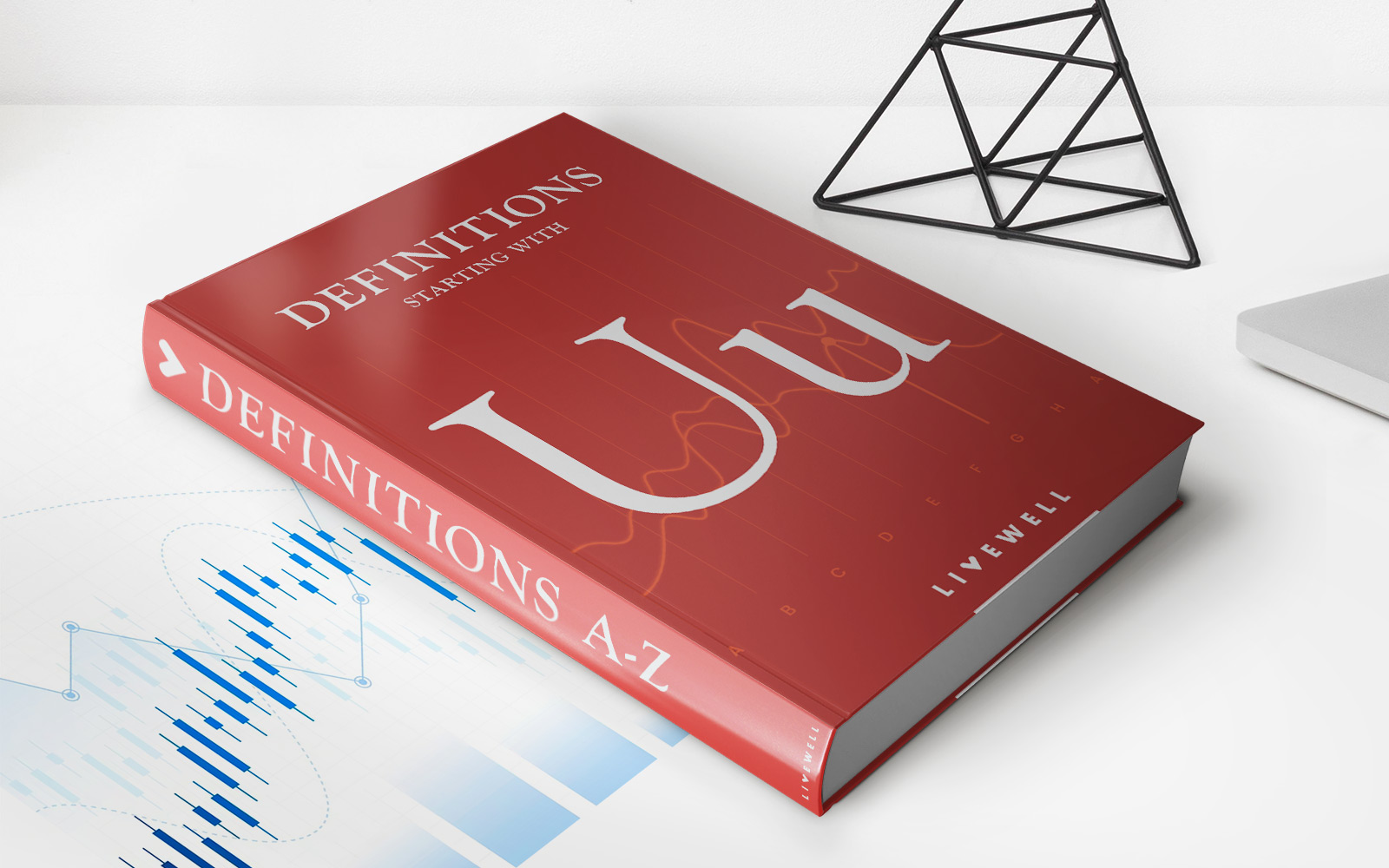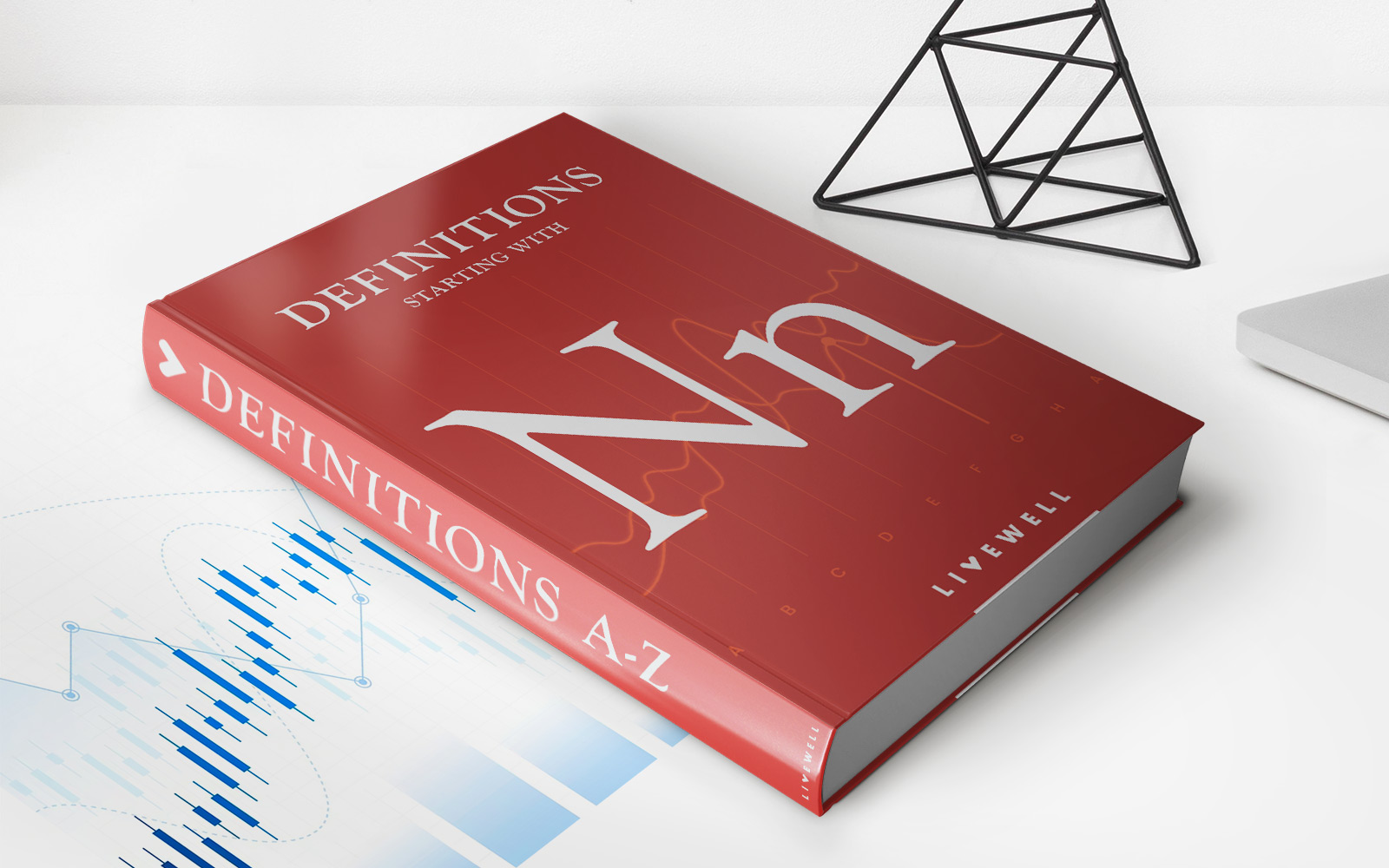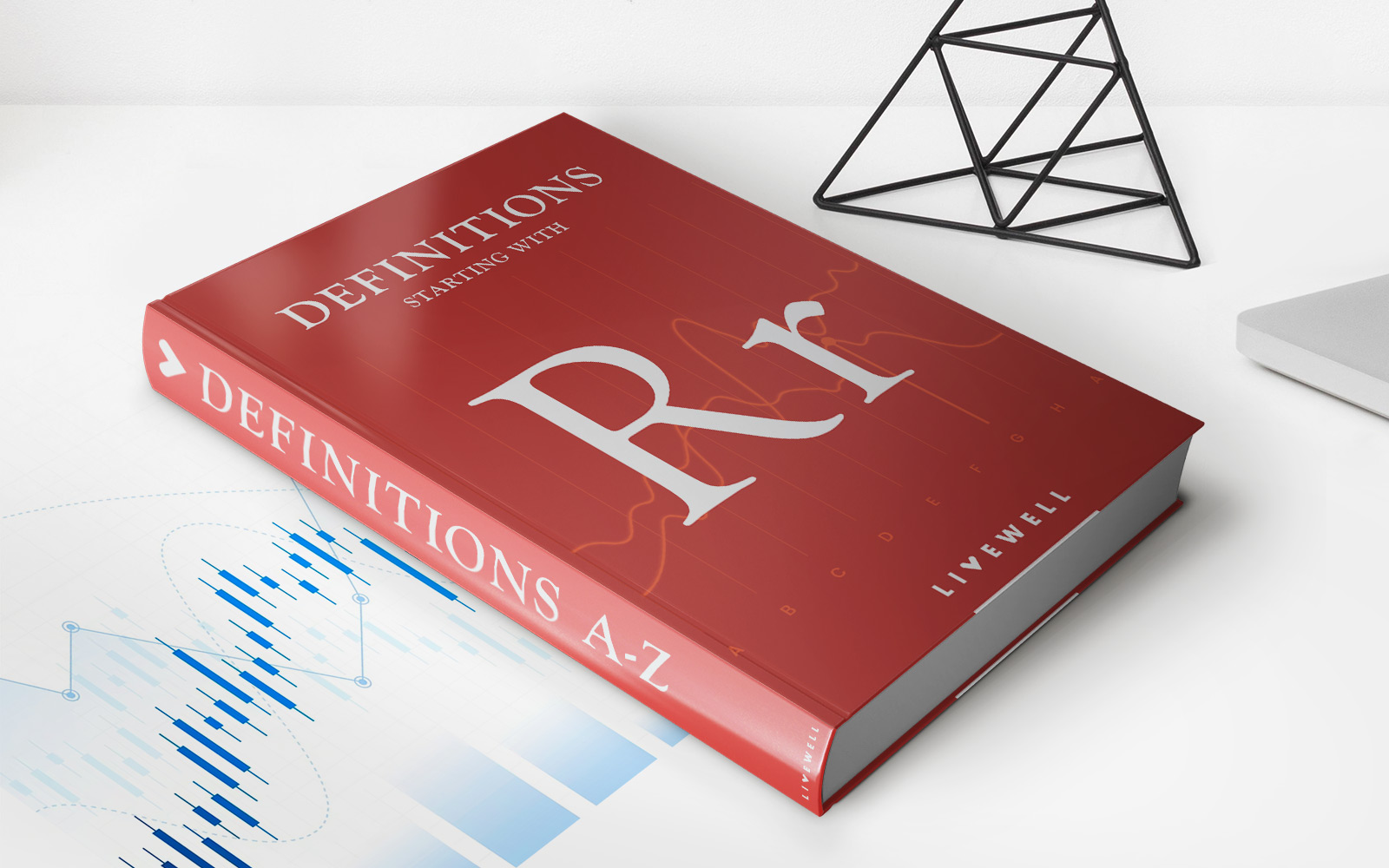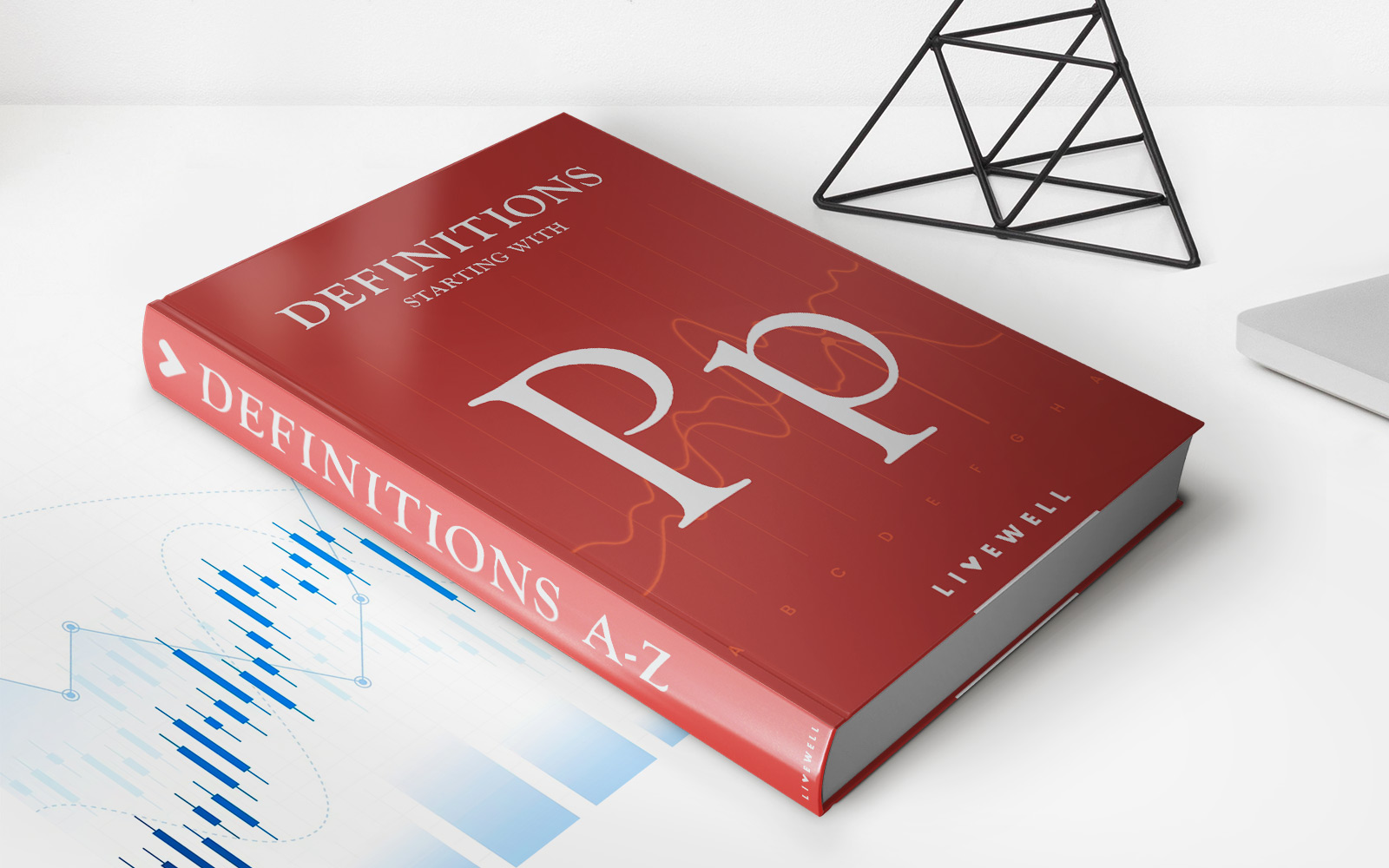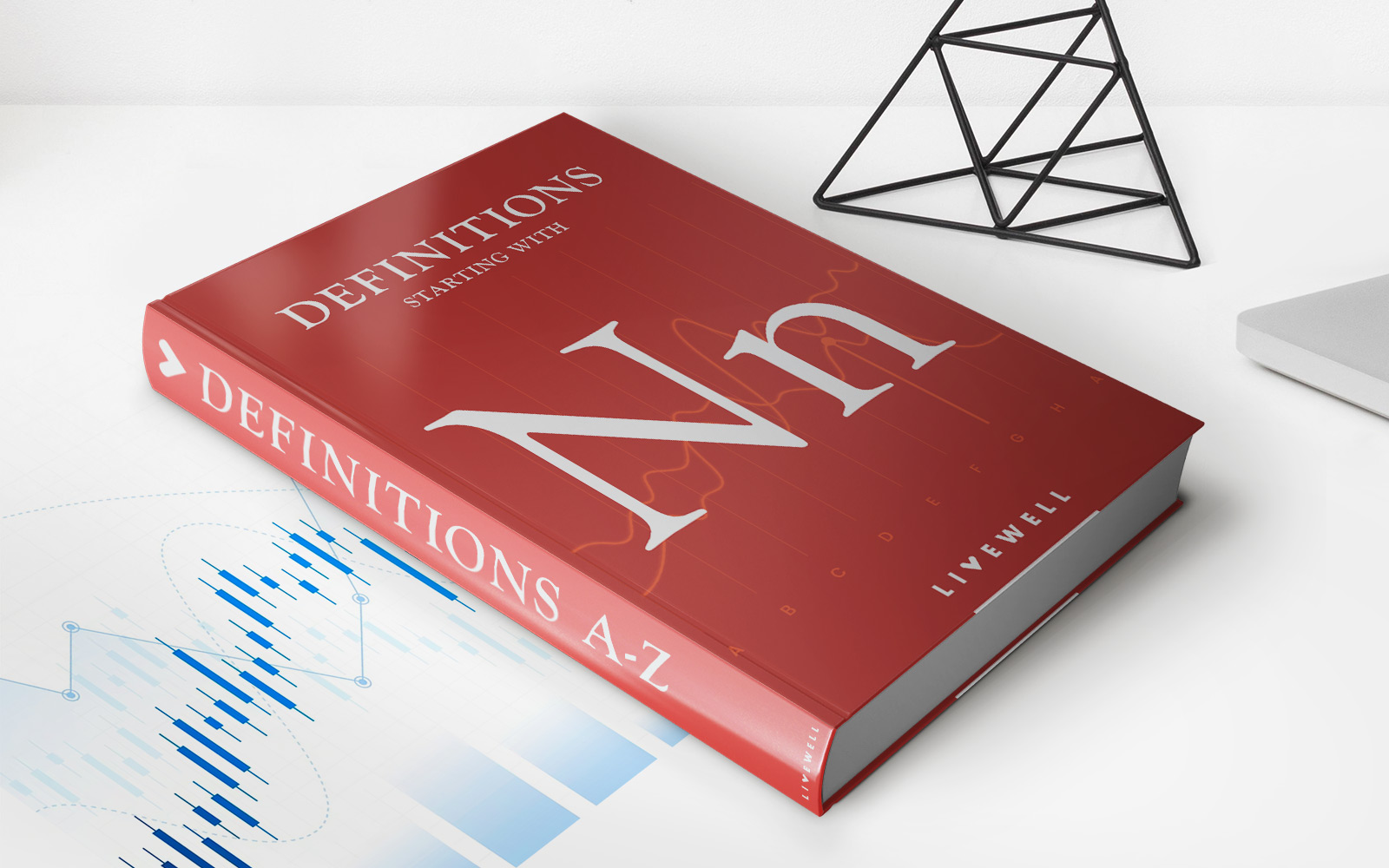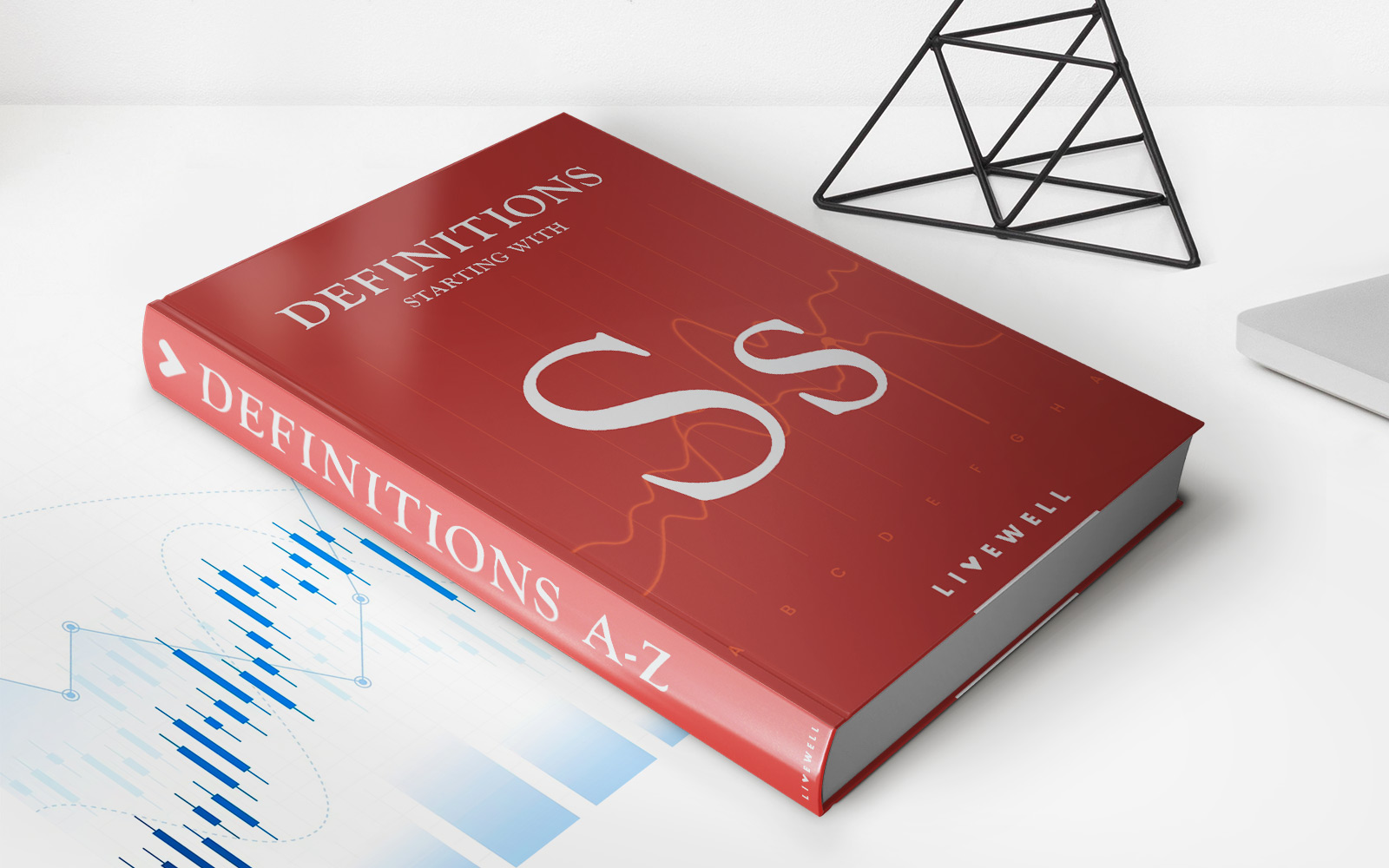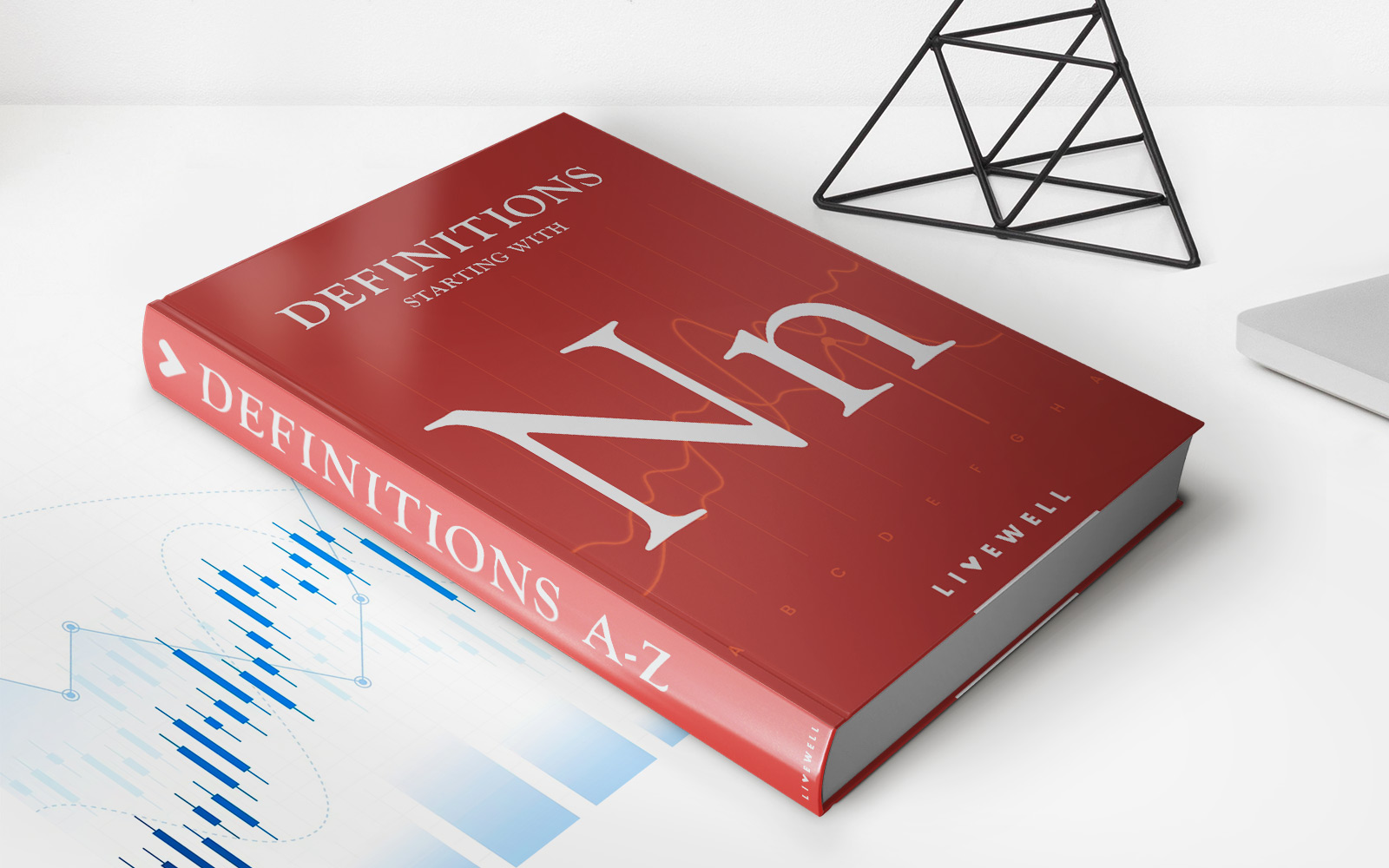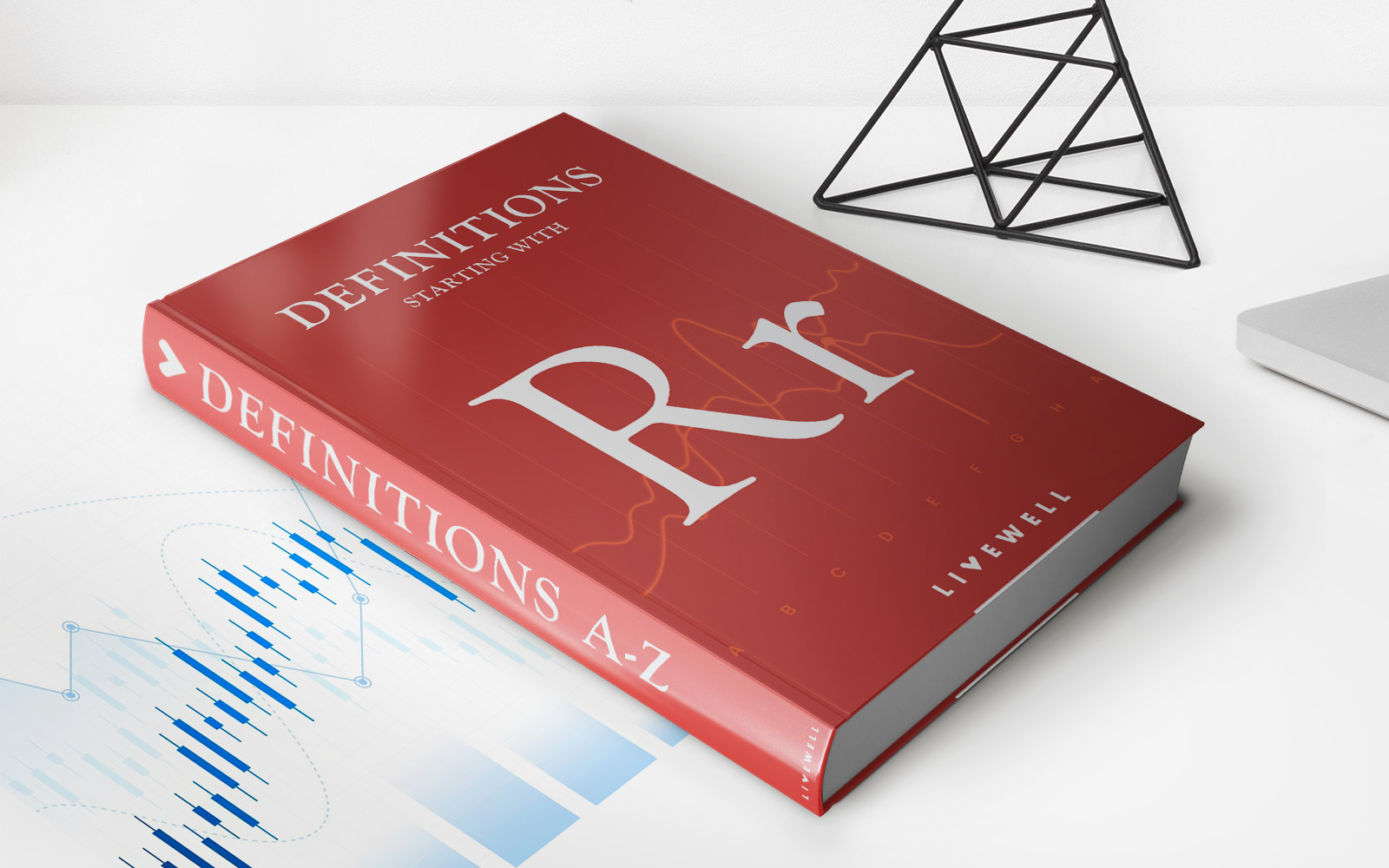

Finance
Recurring Debt Definition
Published: January 17, 2024
Learn the meaning of recurring debt in finance and how it impacts your financial situation. Understand the consequences and find solutions to manage your recurring debts effectively.
(Many of the links in this article redirect to a specific reviewed product. Your purchase of these products through affiliate links helps to generate commission for LiveWell, at no extra cost. Learn more)
Understanding Recurring Debt: A Practical Guide
When it comes to managing our finances, staying on top of our debts is crucial. One form of debt that many people may encounter is recurring debt. But what exactly is recurring debt and how does it impact our financial situation? In this blog post, we will explore the definition of recurring debt, its types, and how it can affect your overall financial well-being.
Key Takeaways:
- Recurring debt refers to ongoing monthly expenses that are paid through credit, such as utility bills, subscription services, and loan payments.
- Understanding and managing recurring debt is important to maintain a healthy financial balance and avoid accumulating excessive interest or late payment fees.
Before we delve into the specifics, let’s briefly answer the burning question: What is recurring debt? Recurring debt is a type of debt that involves ongoing monthly expenses that are typically paid using a line of credit. This can include utility bills, subscription services, loan payments, and other regular financial obligations that you need to address on a recurring basis. Unlike installment loans that have a fixed end date, recurring debt can continue indefinitely, depending on the terms of the agreement.
Types of Recurring Debt
Recurring debt can take various forms, and it’s important to be aware of the different types to effectively manage your financial obligations:
- Utility Bills: Monthly expenses such as electricity, water, gas, and internet bills fall under recurring debt, as they typically need to be paid on a regular basis.
- Subscription Services: Popular subscription-based services like Netflix, Spotify, gym memberships, and even monthly subscription boxes also contribute to recurring debt.
- Loan Payments: Mortgage payments, car loans, student loans, and credit card debt are examples of recurring debt that often have interest attached.
- Insurance Premiums: Monthly or periodic payments for insurance policies, including health, auto, and home insurance, are considered recurring debt.
Properly managing these types of recurring debt is essential to ensure you don’t fall behind on payments, thereby avoiding late fees, penalties, and negative impacts on your credit score.
Impact on Your Finances
Now that we understand the definition and types of recurring debt, let’s explore how it can affect your overall financial situation:
- Accumulation of Interest: Many recurring debts, such as credit card balances, accrue interest over time. Failing to pay off your monthly balance can lead to an increase in your overall debt due to accumulated interest.
- Budget Constraints: Excessive recurring debt can put a strain on your monthly budget. It may limit your ability to save, invest, or allocate funds towards other important financial goals.
- Debt-to-Income Ratio: Recurring debt impacts your debt-to-income ratio, which is an important factor considered by lenders when assessing your creditworthiness. High recurring debt may make it harder to qualify for new loans or secure favorable interest rates.
- Missed Payments: Neglecting to pay your recurring debts on time can result in late payment fees, penalties, and collection notices, which can further worsen your financial situation.
Given the potential consequences of unresolved recurring debt, it’s vital to monitor and manage your monthly financial obligations carefully. Budgeting, tracking your expenses, and prioritizing debt payments are effective strategies to prevent the negative impacts related to recurring debt.
In Conclusion
Having a clear understanding of recurring debt is crucial for maintaining a healthy financial life. By recognizing the types of recurring debt you may encounter and understanding its impact on your finances, you can take proactive steps to manage your obligations effectively. Remember, staying on top of your recurring debt not only helps you avoid financial stress but also contributes to your overall financial well-being in the long run.

